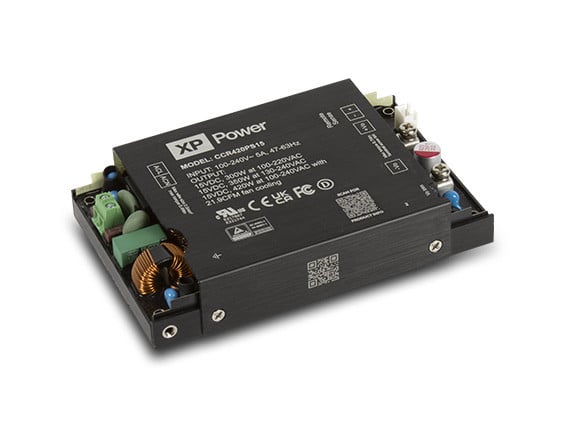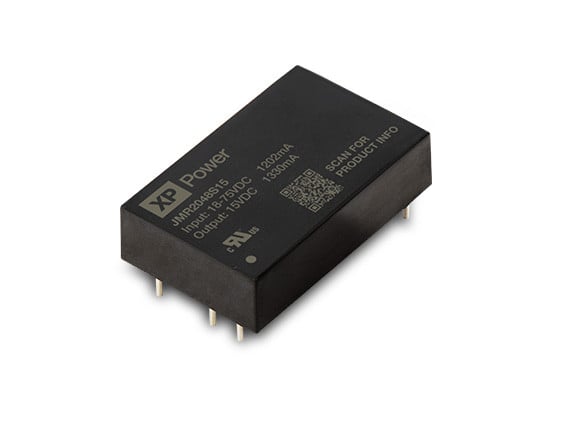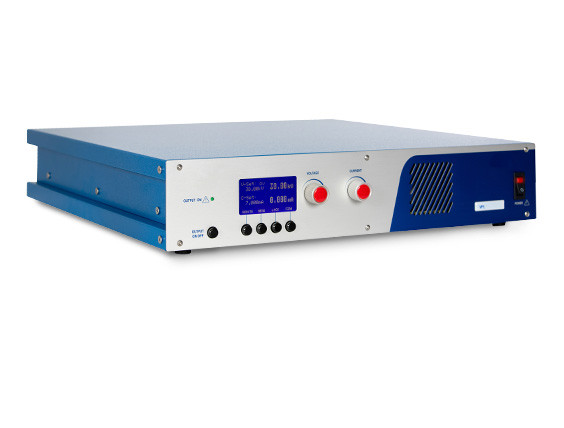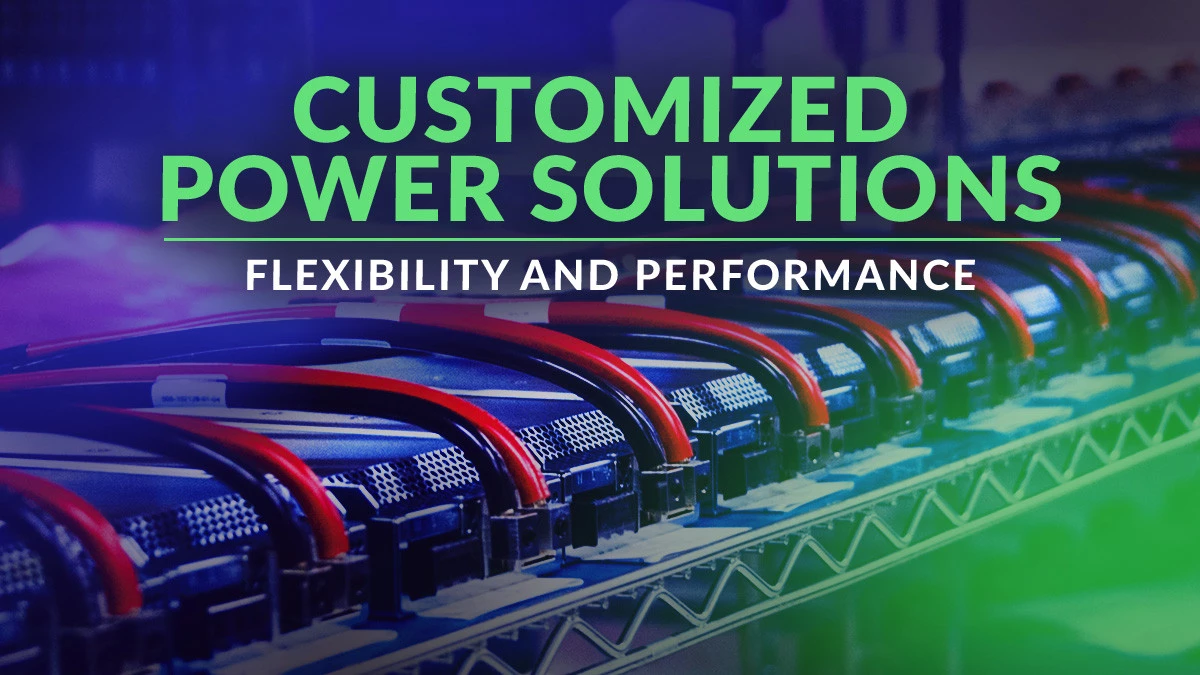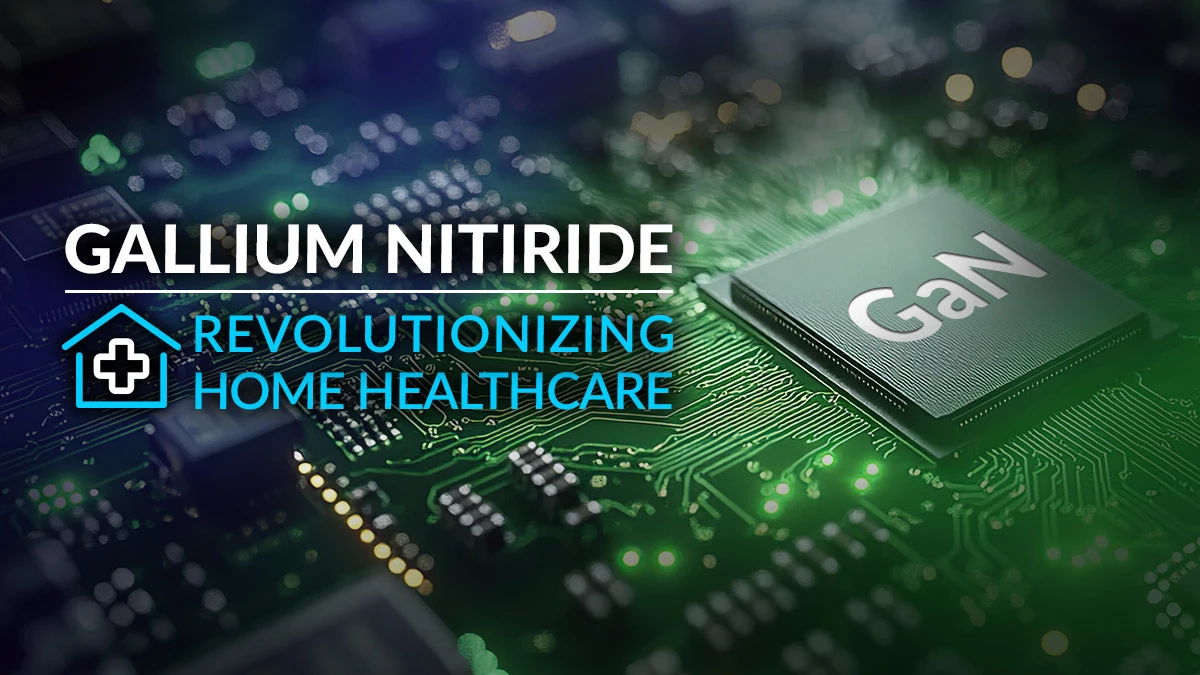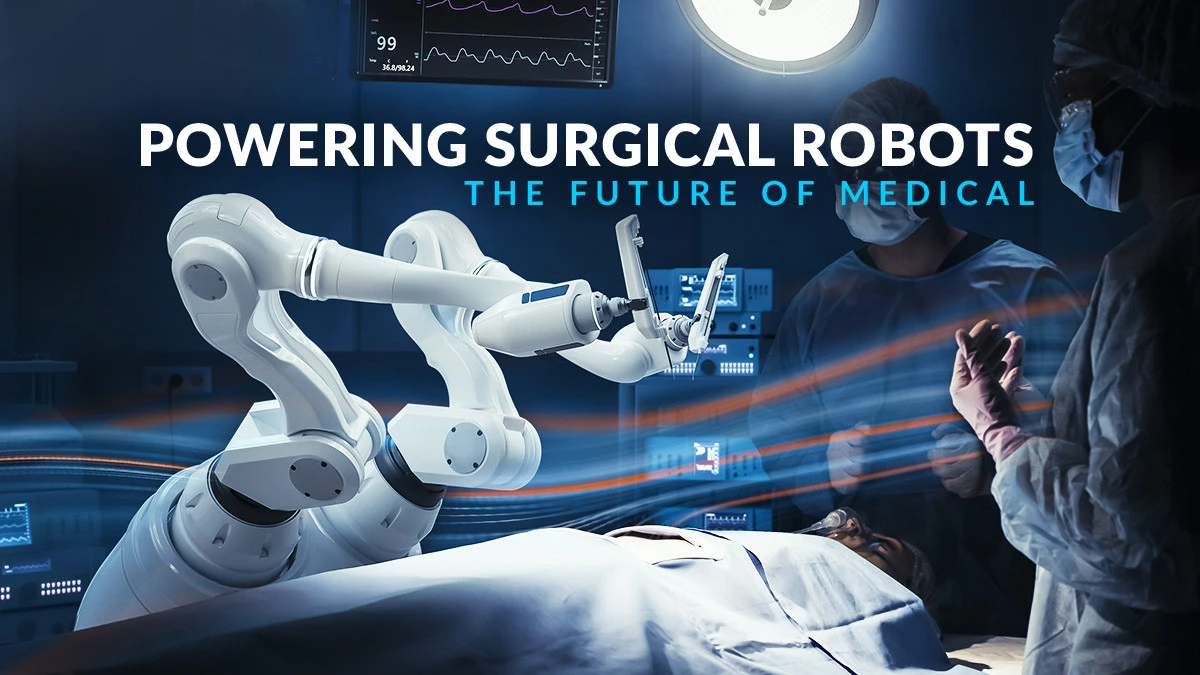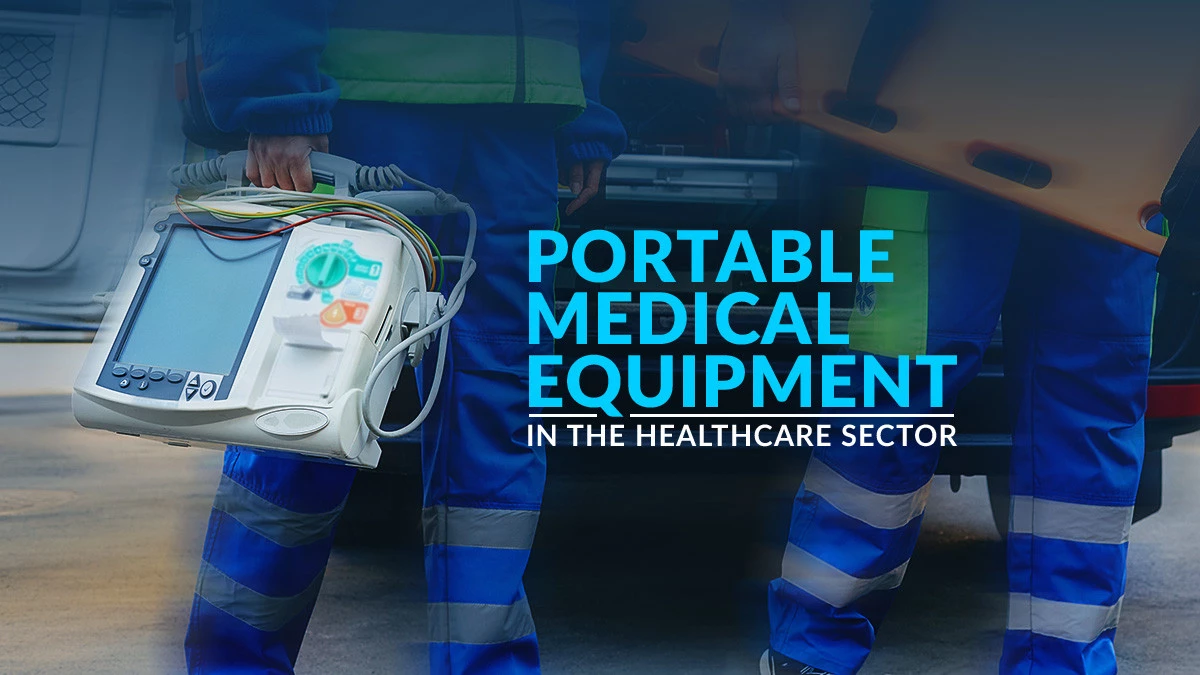
Kit you can carry: why portability is the future for medical devices
Low voltage product manager Andrew Bryars explores the growing trend in the medical sector towards portable equipment and power supply considerations for keeping patients safe and monitored.
Overview
- Increased power density is driving advances in portable healthcare equipment
- Device and component integration packs more than ever before into the available space
- Device connectivity is playing a huge role in equipment transitions
- Communication infrastructure is key to facilitating data acquisition
Advances in technology are making it possible to scale down the size and power requirements of medical devices while at the same time scaling up their features and advantages. It’s a trend that will continue as technology gets even smarter, with the portable medical devices market expected to be worth $77 billion by 2028.
From Bluetooth bond to better health
Communications infrastructure is key for portable medical devices to enable real-time patient monitoring. For example, a wall-mounted monitor can be connected to the patient and produce real-time data through a Bluetooth connection. But when medical devices use data acquisition for tailored and secure patient treatment, connectivity is needed.
Hospital hardware connectivity matters
When using hardware, the connectivity port should also be considered as a point of evaluation for safety with a 5V isolated DC-DC converters like the JMR03 integrated into the data port. Wireless solutions are now also widely used in hospital environments. Either way, regulated and isolated 5V or 3V3 cost-effective DC-DC supplies can easily be integrated.
Safeguarding continuity of patient care
Isolated interfaces can get an instrument to a docking station and then facilitate a laptop download of data, so that equipment can be shared between patients without any lost continuity of care. This also allows for the connection of peripheral equipment, such as additional hardware for further monitoring or treatment.
Wide input ranges revolutionize portable medical power solutions
With portability comes the expectation of small, lightweight components, efficiency, and flexibility. However, the power sources and power management required for portable medical technology need to be aligned and capable of delivering energy safely and reliably in a range of environments.
AC-DC power supplies have long had the capability to operate from “universal” mains supply from 85VAC to 264VAC or 305VAC, enabling the ease of use globally of a common AC mains-operated power source. This kind of voltage flexibility has now also become viable in DC-DC converter modules, enabling “wide” input ranges of 9-36VDC, 18-75VDC or even 14-160VDC. Power solution features like this are already benefiting medical device applications.
Trading up, without trading off
Not long ago, it was necessary to consider design trade-offs for size, efficiency, and cost with wide input voltage ranges. This limitation is now minimized with the design techniques used in our power solutions and readily available modern electronic components – with size and operating efficiencies aligned with the more regular or traditional optimized solutions.
Managing multiple power sources
Typically, a medical device will be designed to operate from a defined power source. To maintain system integrity, many power solutions within medical devices are fixed by the OEM through specific connectors, by embedding the power supply or by dedicated battery packs. With portability comes the potential need or risk of unknown or multiple power sources.
Power supply options
The defined supply might be the AC-DC power supply, which can be embedded into the medical device or provided as an external mains adaptor, such as XP Power’s AQM series. The alternative supply might then be a DC voltage from a specified battery or can be an alternative DC power source available in the application environment, such as a 5V USB or even the more complex voltage options within USB-C power delivery.
Empowering healthcare innovation with diverse power management solutions
The choice of power management product is diverse, and the benefits of integrated electronics can provide system designers with convenient, easy-to-use modular style power solutions to enable the continuous evolution of electronic applications.
The future of portable healthcare equipment could be wearable devices with wireless charging, or even sample analysis in space. However medical equipment technology develops, XP Power will be innovating solutions to match it.
Please contact our technical support team for more information on our leading solutions for medical devices and healthcare equipment.
